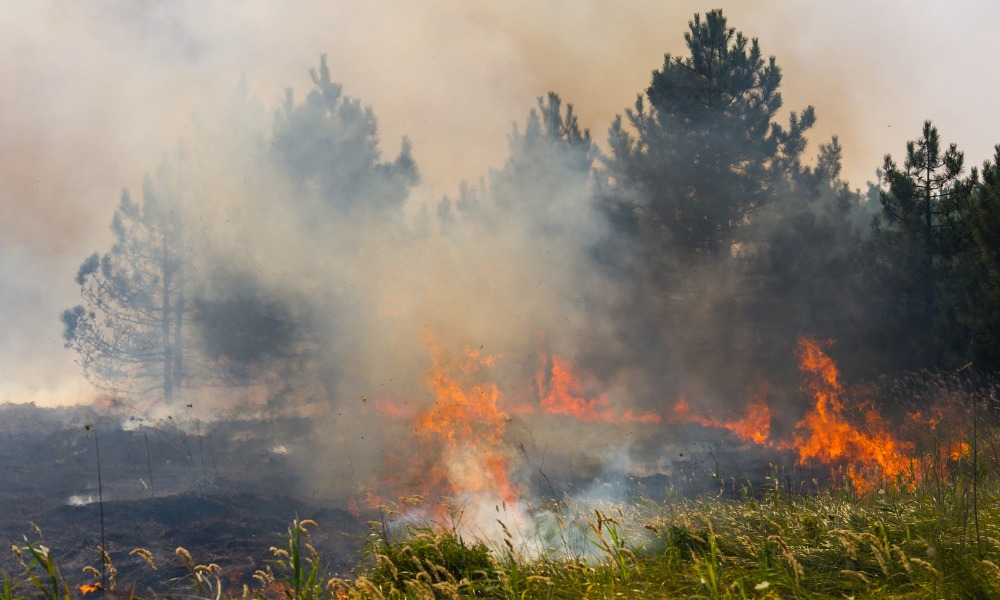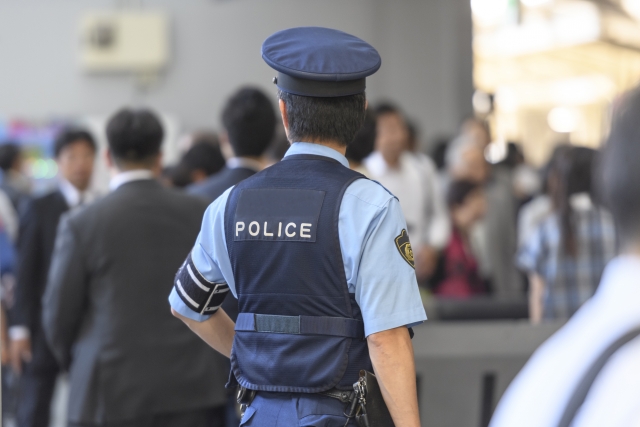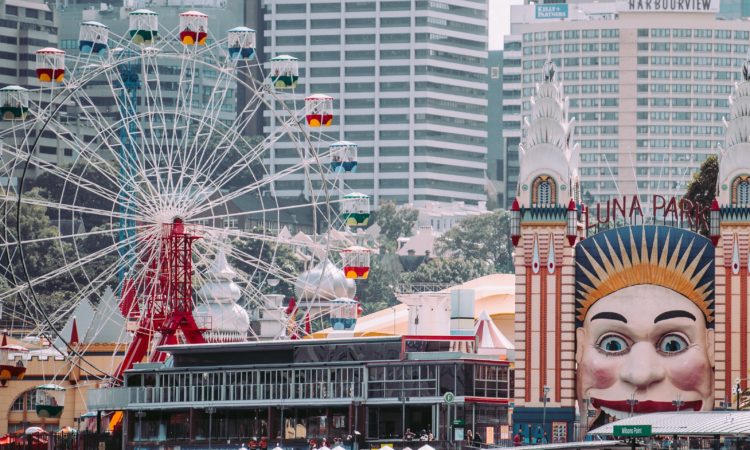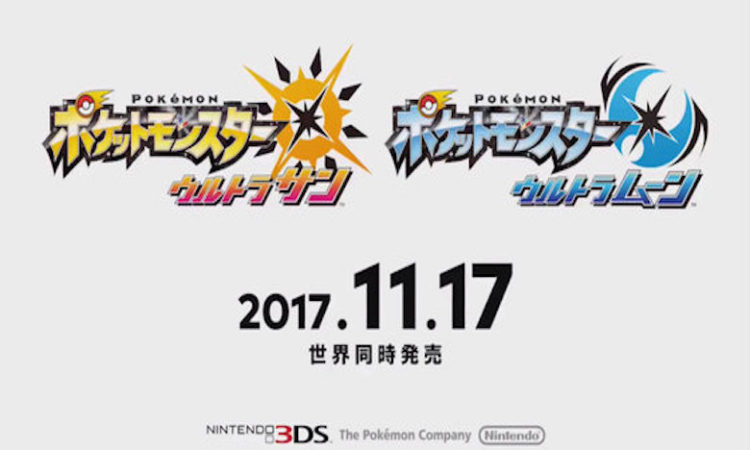Recently, Turkey and Syria have been jolted by severe earthquake natural disasters that tremendously impacted multiple cities, leading to the death of thousands of citizens. A big reason for the significant death tolls is the highly centralized and densely packed nature of the affected areas. Unfortunately, Japan is also home to densely packed cities. The Greater Tokyo Metropolitan area itself accounts for 36 million people, with 6,168.7 people per square kilometer, being the most dense among all of Japan’s prefectures.
Japan is a beautiful country, but it is also a country that is highly prone to natural disasters. Earthquakes, typhoons, and tsunamis are regular occurrences, and it is essential for foreigners visiting Japan to be prepared for such events. In this article, we will explore the measures that foreigners can take to stay safe during natural disasters in Japan.
Types of Common Natural Disasters in Japan
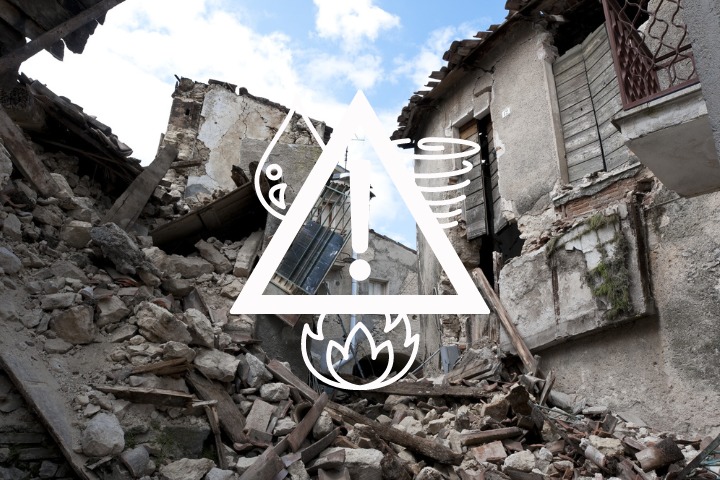
Image credit: Canva
Earthquakes
Earthquakes are so frequent in Japan that residents are used to feeling a few of them daily. Usually, these are small tremors that do not disrupt daily activities. As the country is on top of the intersection of four tectonic plates, earthquakes will continue to be a common occurrence.
In the event of a severe earthquake, foreigners should make sure they have an emergency survival kit ready, which should include items such as water, non-perishable food, a flashlight, and a first aid kit. They should also identify safe places in their hotel or home to take cover during an earthquake. It is recommended to have an emergency bag that can be carried easily and can contain necessities in case of evacuation.
Typhoon Warnings
Japan is prone to typhoons as well, especially during the summer and fall seasons. Foreigners who are close to the coastal regions should pay attention to weather warnings and follow the advice of local authorities. It is important to have a supply of food, water, and other necessities in case of a typhoon warning. If evacuation is required, follow local authorities’ instructions and avoid going outside until the warning has been lifted.
Tsunami Risk
Tsunamis are often triggered by earthquakes and can cause massive destruction. It is essential to be aware of the tsunami risk in your area and understand the signs of an impending tsunami, especially if you are at the beach (sudden receding water). If you are near the coast and feel an earthquake, it is best to evacuate to higher ground as soon as possible.
What to Do
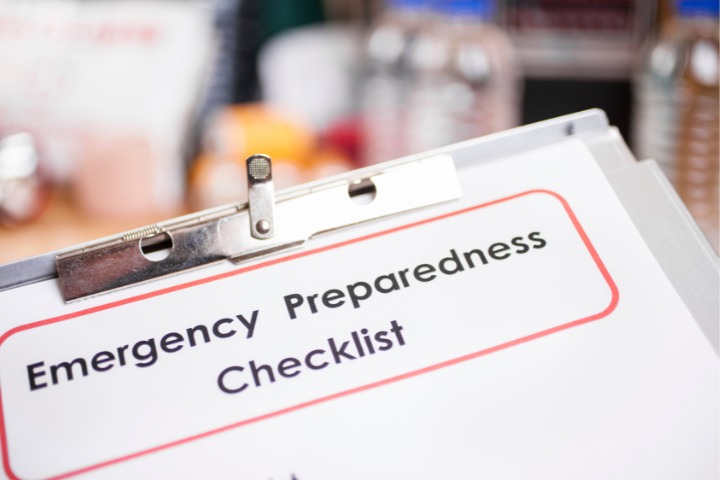
Image credit: Canva
Install Disaster Apps
There are various apps available in Japan that provide disaster information and warnings. Foreigners can download these apps to stay updated on any disaster warnings in their area. Some of the popular apps or websites include Yurekuru Call and NHK World-Japan.
Learn Japanese Phrases
It is essential for foreigners to learn some basic Japanese phrases to communicate during a disaster. Phrases such as “Doko desu ka?” (Where is it?), “Iki tai desu” (I want to evacuate), and “Kyūkyūsha ga hitsuyō desu” (an ambulance is necessary) can be helpful during a crisis. Communicating in Japanese can help foreigners access the resources they need during a disaster.
Register for Safety Information
Foreigners can register for safety information from local governments and embassies. In case of a disaster, the government and embassies can send emergency information and advice directly to the registered phone numbers or email addresses. The government also provides multilingual information during emergencies.
Mobile phone companies in Japan, including SIM card providers, also offer an emergency warning system that delivers real-time alerts and information about natural disasters to customers’ mobile devices. The system is called “Area Mail Disaster Information” and is operated by the Japan Meteorological Agency (JMA) and the Ministry of Internal Affairs and Communications. When a natural disaster occurs, the JMA sends an alert to mobile phone companies, distributing the warning to mobile phones within the affected area.
Foreigners living in Japan with a mobile phone or a SIM card should ensure that they have enabled the emergency warning function on their devices. The setting is usually found in the device’s settings or the provider’s app. Some providers also offer multi-language support for emergency alerts, but this may vary by provider. It is recommended to check with the provider to confirm their emergency alert system and available languages.
It is essential for foreigners visiting or living in Japan to keep in mind that Japan is highly prone to natural disasters, especially in light of devastating catastrophes in recent times. By understanding the risks, preparing a survival kit, and staying informed, foreigners can maximise their chances of safety and enjoy a worry-free trip.
Related Articles:
- Emergency Kits: Preparing for a Natural Disaster
- What to Do When a Major Typhoon Hits
- What to Do If An Earthquake, Tsunami or Typhoon Strikes in Japan
- The Geography of Japan – KEY Facts and Figures You Need to Know
- 3 Things Not to Miss When an Earthquake Happens in Japan
Featured image credit: Canva

